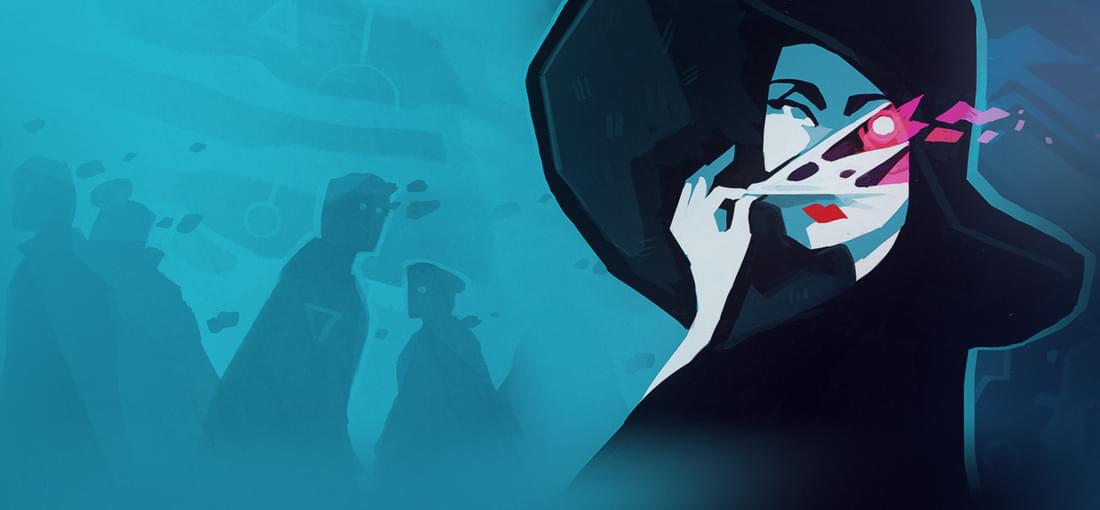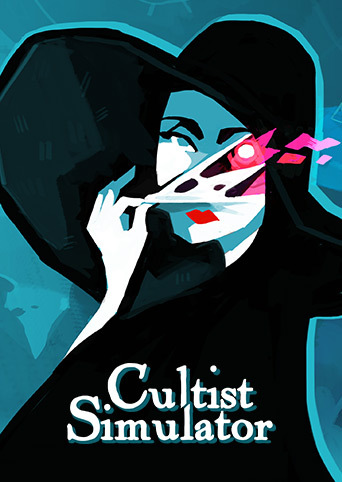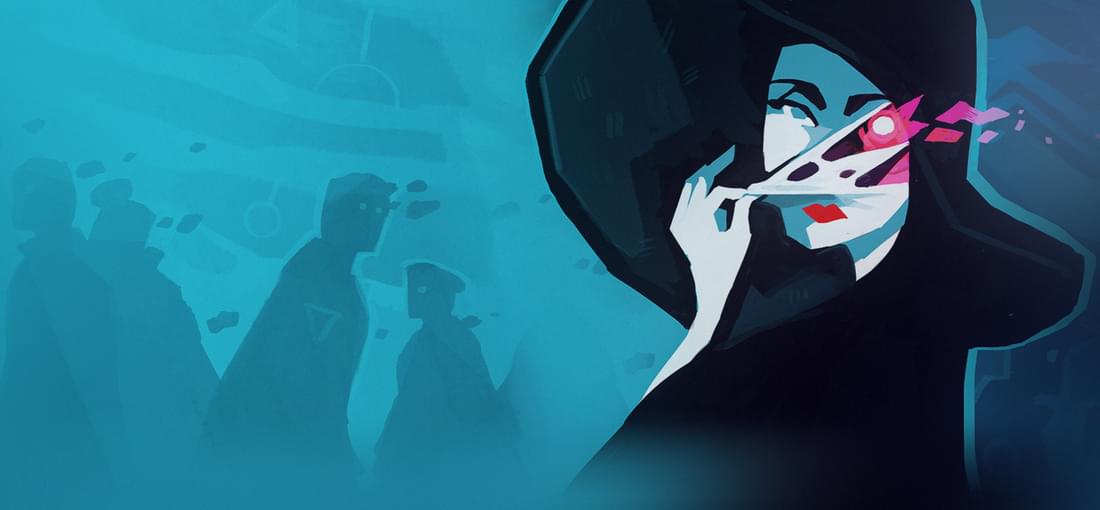



I was really torn on what score to give this game: if you don't want to sink 10+ hours into it just learning the systems and how to use different cards then it's probably only worth 2 stars, but if you stick at it then it's a very rewarding - albeit still flawed - experience worthy of a 4-star rating. Early on the game is incredibly punishing: there are several random events that can kill you if you've not managed certain cards, so you will probably write-off a character or two learning that these events exist and how to handle the cards in question. You also need to learn how to raise your core stats and find a reliable source of funds (used periodically for living costs, and also for one-off purchases). Once you've got over the initial hump, the next challenge is learning how to progress (and what 'progress' actually looks like). For the longest time I couldn't work out how to recruit new members to my cult, for example, and they didn't seem skilled enough to do anything meaningful. After that the game starts to open up more: you work out how to upgrade cultists and what each 'aspect' can do; you work out how to discover locations for your cultists to raid, and start building up a stock of useful items; you learn how rituals work and what they can be used for; you start progressing through the 'Mansus' (a kind of dream world from which you can obtain useful cards); etc. etc. This is where the game shines and you get a real sense of exploration and experimentation. Even once you know what you're doing, there are still frustrations: the game suffers a bit from narrow progression paths at certain points in that you can't advance without obtaining certain cards and some of these come from random results. Whether it's worthwhile to invest the time will depend on how much you enjoy the setting and the concept. Hopefully a community wiki will develop to ease the learning curve and reduce frustrations, because it's very enjoyable and compelling once you get there.

I was really torn on what score to give this game: if you don't want to sink 10+ hours into it just learning the systems and how to use different cards then it's probably only worth 2 stars, but if you stick at it then it's a very rewarding - albeit still flawed - experience worthy of a 4-star rating. Early on the game is incredibly punishing: there are several random events that can kill you if you've not managed certain cards, so you will probably write-off a character or two learning that these events exist and how to handle the cards in question. You also need to learn how to raise your core stats and find a reliable source of funds (used periodically for living costs, and also for one-off purchases). Once you've got over the initial hump, the next challenge is learning how to progress (and what 'progress' actually looks like). For the longest time I couldn't work out how to recruit new members to my cult, for example, and they didn't seem skilled enough to do anything meaningful. After that the game starts to open up more: you work out how to upgrade cultists and what each 'aspect' can do; you work out how to discover locations for your cultists to raid, and start building up a stock of useful items; you learn how rituals work and what they can be used for; you start progressing through the 'Mansus' (a kind of dream world from which you can obtain useful cards); etc. etc. This is where the game shines and you get a real sense of exploration and experimentation. Even once you know what you're doing, there are still frustrations: the game suffers a bit from narrow progression paths at certain points in that you can't advance without obtaining certain cards and some of these come from random results. Whether it's worthwhile to invest the time will depend on how much you enjoy the setting and the concept. Hopefully a community wiki will develop to ease the learning curve and reduce frustrations, because it's very enjoyable and compelling once you get there.

Ignoring the arguments about the violence, drug references, etc. in Postal 2, I'm going to try and focus on the game (or lack of it) underneath. 1) Gameplay - There's a large variety of weapons and lots of different tasks to complete, but the guns lack any real feeling of impact. It takes 3 headshots with a pistol to kill any of the real enemies, and it takes 30+ bullets with the machine gun. The gasoline can is one of the more impressive weapons - being able to leave a trail of gasoline and light one end to set the whole thing off - but the other weapons feel underpowered and a bit dull. Ignoring the casual violence you can commit, the scenarios and tasks set up by the game are also dull. Many rely entirely on the player to create their own excitement by attacking people, and the enemies that the game does send at you while/after completing some tasks are neither challenging nor varied enough to be interesting. 2) Story - The game covers a week in the life of 'postal dude', during which you control him going about each day's tasks. Aside from the spoken dialogue at the start and end of each day between 'postal dude' and his girlfriend, there is no real plot or storyline to tie together the series of disjointed events that occur (There's an anti-video-game-violence protest on Monday... Gary Coleman visits the town for a book signing on Tuesday... etc.). 3) Graphics and Level Design - Even accepting the technical limitations of graphics when this game was first released (2003), the graphics are poor - it seems as if the developers were just being lazy. The world textures are very bland and lacking in detail, often very pixelated and/or blurry. In contrast the textures for characters are quite good, in particular the faces, although these are let down slightly by the models. The level design is quite poor: most buildings are essentially comprised of a hollow cube with some rectangular windows, and some (like the police station) are filled with near identical rooms and corridors - almost as if the designer got tired and copy-pasted until the map was 'big enough'. Outside of buildings there are quite a lot of alleyways and back-rooms to explore for extra weapons, health items, etc. - which are a nice touch - but the overall layout is quite confusing to navigate and the in-game map shows very little detail other than key locations and main streets. Overall, I feel that Postal 2 is a flawed sandbox 'game' with a couple of interesting features that sadly don't make up for . If you decide to try this game you should be prepared to make your own fun by starting fights with civilians, etc. because the game's tasks don't provide much themselves. If you are looking for a good old sandbox game I would recommend something in the GTA series instead, since there is also a strong storyline there. If you're looking for a good old FPS then Half-Life or Kingpin would be a better choice for the same reason, and for the better level design (Kingpin also has a similar level of violence and bad language of Postal, if that appeals).